Faculty
NAISI Affiliated Faculty
-
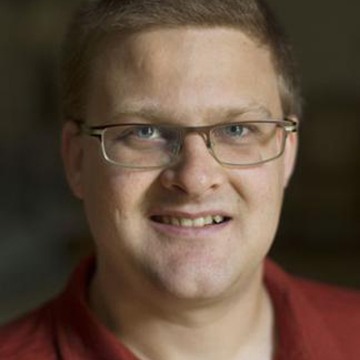
Scott AnderBois
Director of the Program in Linguistics, Associate Professor of LinguisticsScott AnderBois' research is focused on community-engaged language documentation, working in collaboration with speakers of A'ingae (an indigenous language isolate of Amazonian Ecuador) and colleagues to create a diverse multimedia, multi-purpose collection of texts and other language materials. Together, they use these materials to further community language goals and to answer scientific questions about the language's grammar and use. These questions vary but are most typically focused on issues in semantics/pragmatics, exploring ways in which principles governing linguistic meaning vary or are constant across languages. He also explores these sorts of semantic and pragmatic questions through work on Yucatec Maya (a Mayan language of southern Mexico, see U koorpusil maaya t'aan, a digital corpus he co-created with Miguel Oscar Chan Dzul), Tagalog, and American English.
-
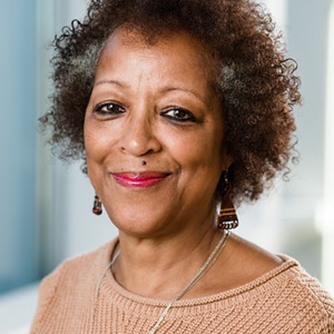
Geri Augusto
Senior Fellow in International and Public Affairs, Fulbright Scholar (Brazil) , Letsema Fellow (University of Johannesburg)Focus: epistemologies of practice and the dynamics of knowledge in pluralist societies marked by power inequalities. Her current interests are science and technology policy and higher education policy in the Global South; the interaction between the technosciences, Indigenous knowledges, and knowledges of the enslaved, particularly in Southern Africa, Brazil, the US, and the Caribbean; black transnationalism; and the conjunction of visuality, orality and digitality in African diasporic social movement websites.
-
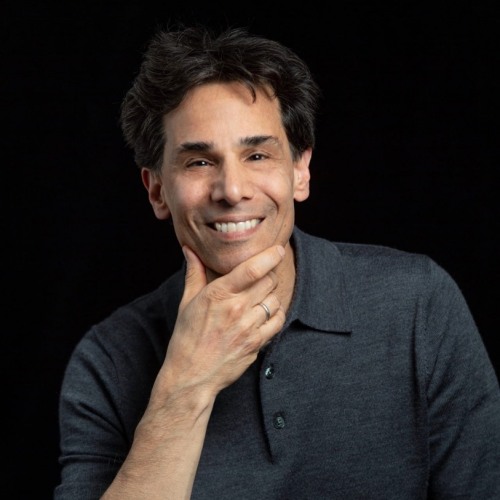
Mark Cladis
Brooke Russell Astor Professor of Humanities, Professor of Religious StudiesMark S. Cladis is the Brooke Russell Astor Professor of the Humanities at Brown University. His work moves across poetry, literature, philosophy, and critical theory, often animated by a concern for environmental justice and Indigenous ecology. The writings of W. E. B. Du Bois and Leslie Marmon Silko are central to his reflections on radical aesthetics and storytelling--forms of art and narrative devoted to truth and justice. His scholarship, teaching, and collaborations often cross disciplinary boundaries, guided by a conviction that intellectual work is also ethical and imaginative work--an effort to reimagine justice, community, land, and belonging.
His latest book, Radical Romanticism: Democracy, Religion, and the Environmental Imagination (Columbia University Press, 2025), culminates in Silko’s storytelling. His next project, Just Home: Place, Belonging, and Justice, asks: How do Indigenous and settler communities create home on lands taken from Indigenous peoples?
-
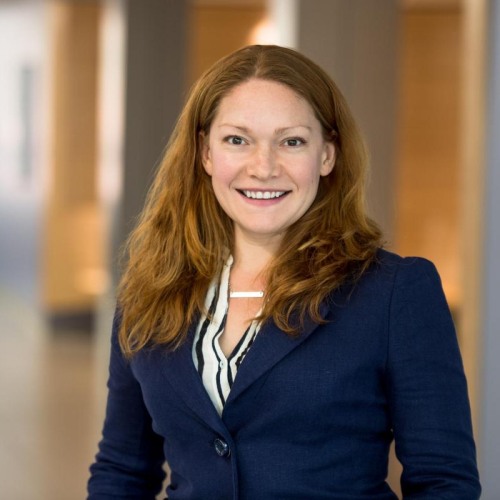
Bathsheba Demuth
Faculty Director, Native American and Indigenous Studies Initiative, Dean’s Associate Professor of History and Environment and SocietyBathsheba Demuth is a writer and environmental historian with long-term commitments in the Eurasian and North American Arctic. She is currently working with Alaska Native and First Nation communities in northwestern Canada and Alaska on research into how changes in sovereignty are intertwined with species loss and other environmental change in the Yukon River watershed. Her research and many of her courses center Indigenous epistemologies and histories, and regularly feature guest speakers, Elders, and knowledge keepers from the Arctic and subarctic to share their perspectives and expertise. She is the Faculty Director of NAISI at Brown.
-
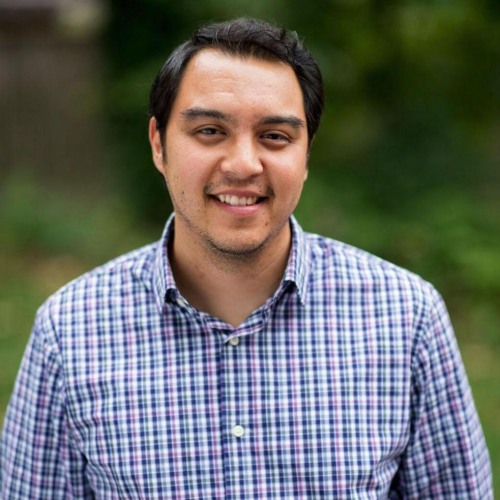
Kevin Escudero
Associate Professor of American StudiesKevin Escudero's research and teaching focus on Indigenous and immigrant social movements working toward manifesting a decolonized future for all community members. His current project examines the historical and contemporary political activism of Indigenous and immigrant communities in Oceania, particularly in the Mariana Islands (Guam and the Commonwealth of the Northern Mariana Islands).
-
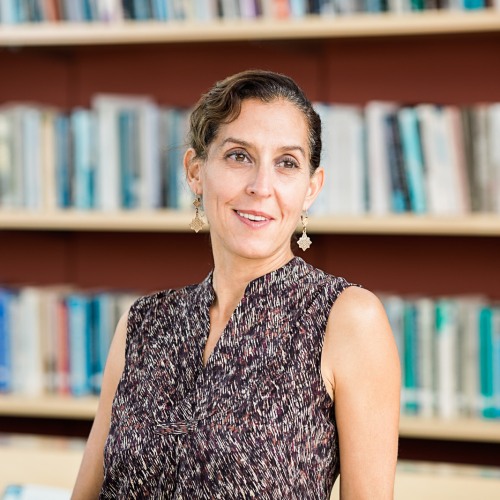
Paja Faudree
Associate Professor of Anthropology, Associate Professor of LinguisticsPaja Faudree is a linguistic anthropologist whose research interests include language and politics, Indigenous literary and social movements, the interface between music and language, the ethnohistory of New World colonization, and the global marketing of Indigenous rights discourses, Indigenous knowledge, and plants. She received her Ph.D. from the University of Pennsylvania and came to Brown following a Harper-Schmidt Postdoctoral Fellowship in the Social Sciences at the University of Chicago. She is affiliated with Brown's Center for Latin American and Caribbean Studies, the Center for the Study of Race and Ethnicity, Native American and Indigenous Studies, the Program in Science and Technology Studies, and Development Studies. Professor Faudree teaches courses on language and society, social movements in Latin America, language and politics, language and music, and the anthropology of drugs. She is also a published poet and playwright, and holds an MFA from Brown's literary arts program.
-
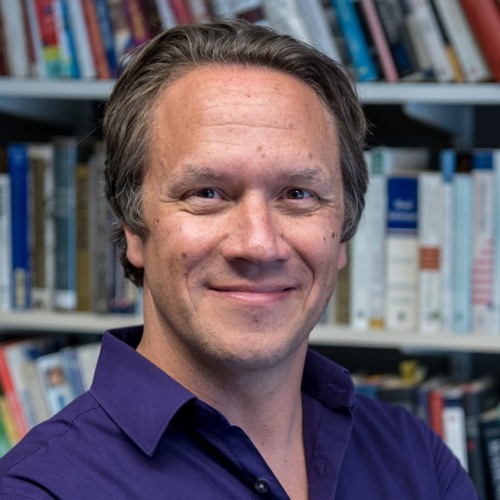
Linford Fisher
Associate Professor of HistoryProfessor Fisher's research and teaching relate primarily to the cultural and religious history of colonial America and the Atlantic world, including Native Americans, religion, material culture, and Indigenous and African slavery and servitude. He is currently finishing a history of Native American enslavement in the English colonies and the United States between Columbus and the Indian Child Welfare Act (1978), titled Stealing America: The Hidden Story of Indigenous Slavery in U.S. History (Liveright/Norton, 2026). He is also the principal investigator of the Stolen Relations: Recovering Stories of Indigenous Enslavement in the Americas project, which is a tribal community-centered collaborative project that seeks to create a public, centralized database of Native slavery throughout the Americas and across time.
-
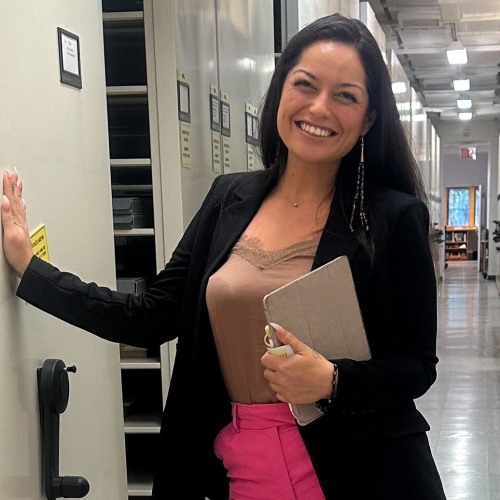
Jessica Fremland
Postdoctoral Research Associate in American Studies, Mellon Gateway Postdoctoral FellowJessica Fremland (she/her/hers; Sisseton-Wahpeton Dakota) obtained her BA from the University of Minnesota Twin Cities, a Master’s Degree in Sociology from the London School of Economics, and her PhD in Gender Studies from UCLA. Jessica’s research examines the ways Dakota women critique the violence of the settler state and create anti-colonial geographies through aesthetic expressions of relationality and sensorial insurgence. Jessica analyzes the gendered forms of settler colonial carcerality that surround Native women in boarding schools, activist spaces, and everyday geographies. Her research highlights the methods by which Native women refuse carceral structures by harnessing Indigenous aesthetic practices such as dance, music, sound, crafting, letter-writing and everyday expressions of joy. Jessica draws especially on the fields of Black and Indigenous feminisms to not only document and map these moments of refusal through critical archival and ethnographic research but to imagine and cultivate alternative possibilities in her own writing and performances of spoken word poetry.
-
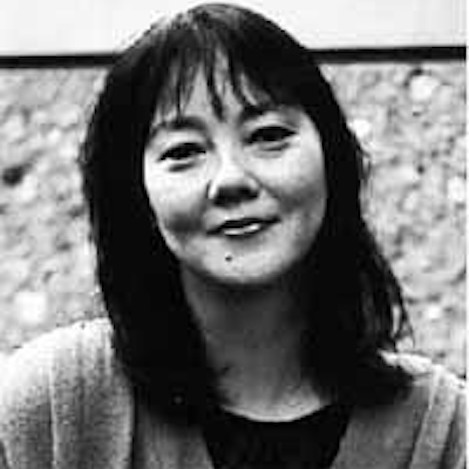
Evelyn Hu-Dehart
Professor of History, Professor of American StudiesProfessor Hu-DeHart was born in China and immigrated to the United States with her parents when she was 12. As an undergraduate at Stanford University, she studied in Brazil on an exchange program. She became fascinated with Latin America, and that interest eventually led her to a Ph.D. in Latin American history. She has written two books on the Yaqui peoples and is now engaged in a large research project on the Asian diaspora in Latin America and the Caribbean.
The goal of Professor Hu-DeHart`s diaspora project is to uncover and recover the history of Asian migration to Latin America and the Caribbean, and to document and analyze the contributions of these immigrants to the formation of Latin/Caribbean societies and cultures. It should also contribute towards theorizing diasporas and transnationalism. The importance and timeliness of this research were most recently demonstrated by the election of Alberto Fujimori, son of Japanese immigrants, as president of Peru. Hu-DeHart also hopes that her work will broaden the scope of Asian American studies as well as contribute to an area not well covered within Latin American studies.
-
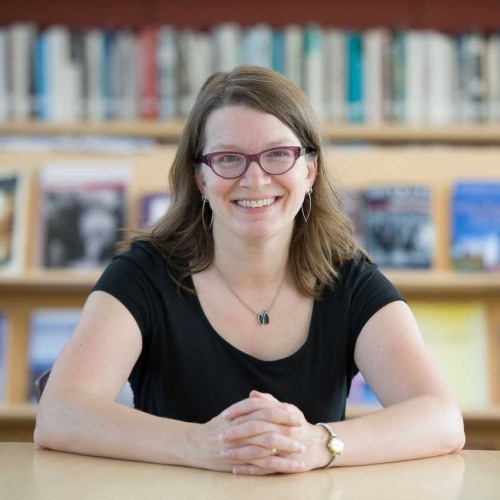
Jessaca Leinaweaver
Professor and Chair of AnthropologyJessaca Leinaweaver's research with Indigenous Andean Quechua speakers in southern Peru has focused on families, children, elders, and rural-to-urban migration. She's also published about how Latin Americans, including Native Latin Americans, are represented in Spain.
-
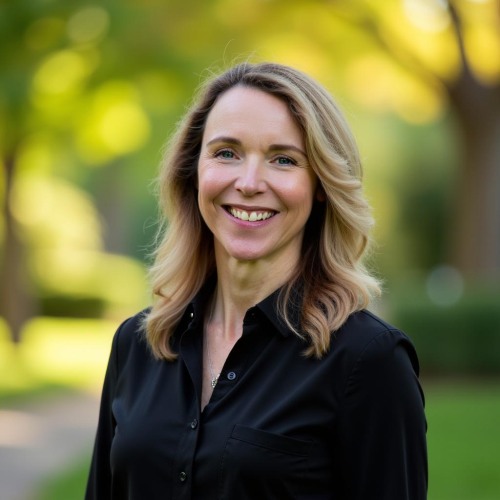
Amanda Lynch
Lindemann Distinguished Professor of Environmental StudiesAmanda's research and teaching focus on places that express convergences of and challenges from rapid change in climate and human systems. She has collaborated with Traditional Owners in Australia, Indigenous peoples of the Arctic, and communities in southern and western Africa.
-
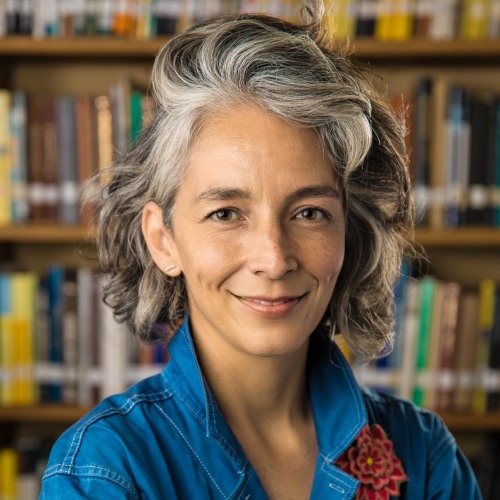
Iris Montero
Assistant Professor of Hispanic StudiesIris Montero's research focuses on Indigenous epistemologies and memory-keeping practices of the Nahua peoples, from pre-Columbian to contemporary times. Her courses "The Nature of Conquest" and "Visions and Voices of Indigenous Mexico" center the revalorization of Indigenous ways of knowing in and beyond Indigenous communities. She is also invested in linguistic revitalization, particularly amongst Nahuatl speakers in Mexico and the United States.
-
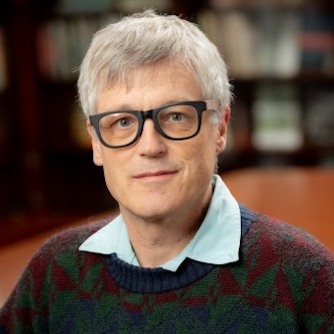
Jeremy R. Mumford
Associate Professor of HistoryJeremy Mumford is a historian of colonial Latin America, focusing on the Andes. His research explores how the indigenous people of the Andes interacted with the colonial state, and how the region’s existing institutions and ruling class were integrated into the Spanish monarchy, in the half-century after the Spanish invaded and conquered Peru in 1535.
-
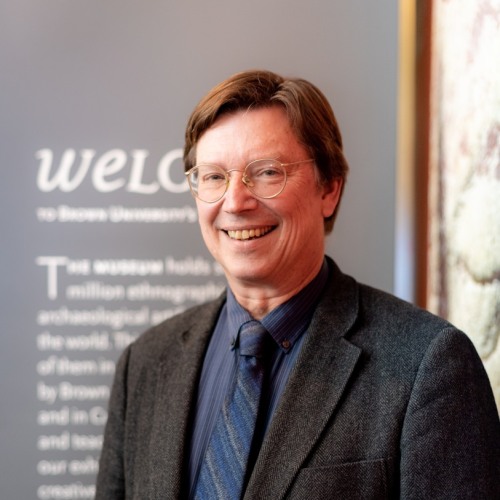
Robert W. Preucel
Director of Haffenreffer Museum of Anthropology, James Manning Professor of AnthropologyRobert Preucel’s research focuses on the history and significance of archaeological resources related to Cochiti Pueblo, New Mexico. He began work with Cochiti in 1996 and, together with the tribe, they gathered information on their Pueblo Revolt village, Hanat Kotyiti, which resulted in a land return in 2004.
-
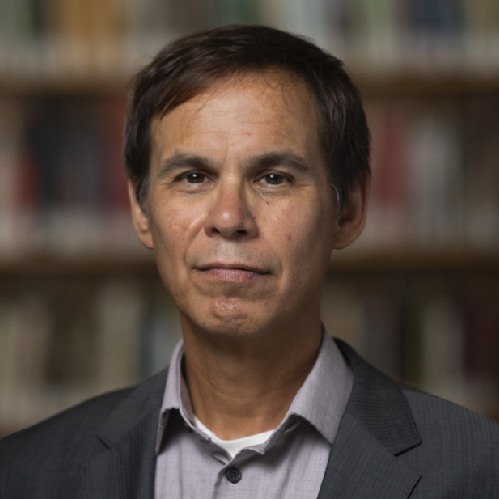
Jeffrey Proulx
Assistant Professor of Psychiatry and Human Behavior, Assistant Professor of Behavioral and Social SciencesJeffrey Proulx's research focuses on addressing health outcomes in underserved communities through culturally-adapted mindfulness classes that reflect the cultures of the people he is serving. Although Dr. Proulx's work is designed to address health outcomes, such as diabetes and dementia in Native American communities, his work is also designed to highlight cultural methods of living and healing as a means of cultural revival.
-
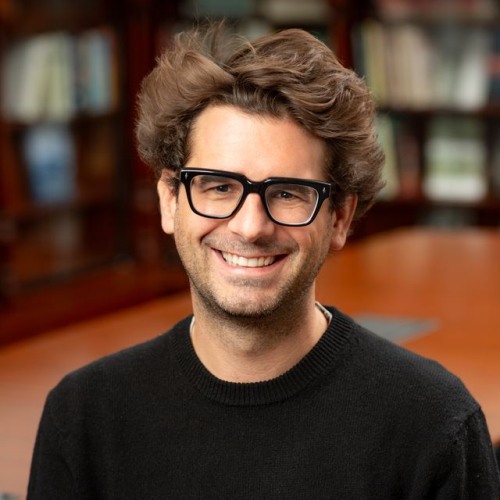
Lukas Rieppel
Associate Professor of History, Director of Science Technology and SocietyLukas Rieppel is researching the deep history of Lakotan Treaty Lands. In addition to documenting the role played by the Earth sciences in colonizing the Missouri watershed, he is working with collaborators in the Pine Ridge Reservation to design an exhibit that re-interprets prehistoric fossils from Lakotan treaty lands. This exhibit will focus on the lands, philosophies, and citizens of a tribal nation whose ongoing presence is central to a fuller understanding of the fossilized bones of animals currently on display all over the world, the site where they had been for millions of years, and their journey to imperial museums of natural history.
-
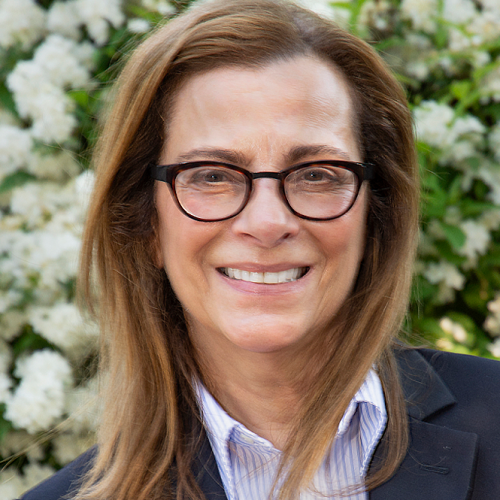
Patricia Rubertone
Professor of Anthropology, Cogut Institute Spring 2025 Faculty FellowPatricia Rubertone’s research and teaching traverse archaeology, anthropology, and history to explore settler colonialism, landscape and memory, and Indigenous survivance. Her geographical focus is the Northeast U.S., where she challenges the myth of Indigenous disappearance and the notion that Indigenous people cannot be modern and urban by revealing their lived experiences. She is committed to examining continuing tactics of spatial and symbolic erasure and their effects on urban Indigenous communities in their struggles as rights-bearers to modern cities.
-
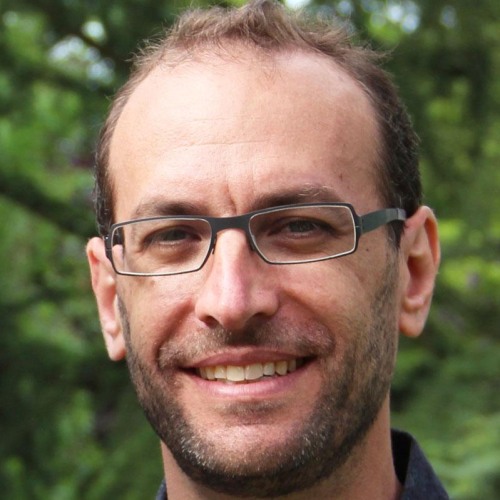
Neil Safier
Associate Professor of HistoryNeil Safier's current research relates to the transnational history of knowledge-making in the late-eighteenth-century Atlantic world and the connections between plantation cultures of the eighteenth-century Caribbean and Brazilian natural history, including sugar, indigo, coffee, and cotton. He also has an ongoing interest in the environmental and ethnographic history of the Amazon River basin, from the prehuman to the present, and the global history of collecting.
-
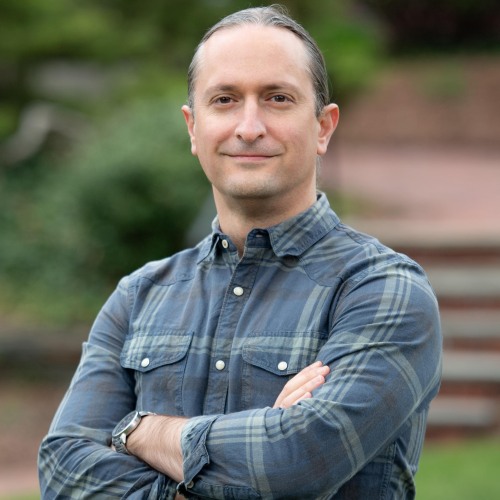
Andrew Scherer
Associate Professor of Anthropology and Archaeology, Director of the Joukowsky Institute for Archaeology and the Ancient WorldAndrew Scherer is an archaeologist and biological anthropologist whose research focuses on the pre-colonial Maya of Mexico and Guatemala. He currently co-directs archaeological research among the ancient Maya kingdoms of Piedras Negras, Yaxchilan, and Sak Tz'i' (White Dog). This research involves collaboration with a number of local Indigenous communities. This work is part of a two decades long effort to reconstruct the dynamic history of Maya kingdoms of the Usumacinta River region.
-

Mack Scott III
Assistant Professor, Ruth J. Simmons Center, Director of Undergraduate Studies (DUS), CNAIS concentrationMack H. Scott III is an enrolled member of the Narragansett Indian Tribe (Nation), historian, educator, and public scholar specializing in Native American and Indigenous histories, with a particular focus on the Dawnland/Narragansett country and the intersections of indigeneity, race, memory, and futurity. He currently serves as Director of Undergraduate Studies for the Native American and Indigenous Studies Initiative and as a Visiting Assistant Professor at the Ruth J. Simmons Center for the Study of Slavery and Justice at Brown University.
Dr. Scott brings nearly two decades of experience across higher education, K–12 teaching, curriculum design, and community-engaged scholarship. His work bridges academic research and public history, centering Indigenous agency, survivance, and the ethical responsibilities of historical storytelling. He is the editor of the Reimagining New England Histories anthology and has led multiple initiatives supporting educator professional development and collaborative research.
His scholarship appears in journals such as Ethnohistory and the Journal of Contemporary History, and he is the author of The Great Tree and the Summer Sun: Indigeneity and Futurity in the Narragansett Country, forthcoming with the University of Massachusetts Press. Dr. Scott is an award-winning teacher, a frequent invited speaker, and an active advisor and consultant to student organizations and cultural institutions throughout New England.Book office hours appointment here.
-
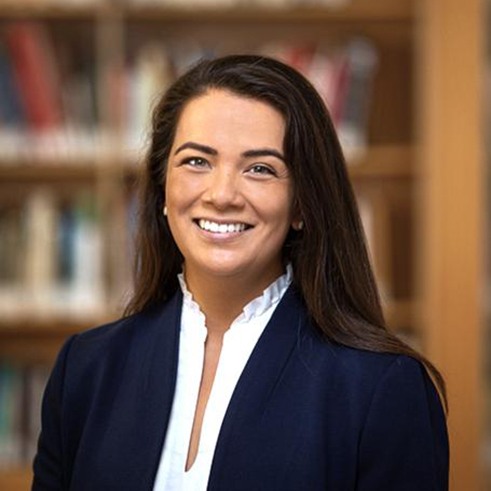
Emily Sprague-Klein
Assistant Professor of ChemistryEmily’s work is focused on understanding the mechanistic details of solar energy harvesting across a range of energy, time, and length scales. She develops state-of-the-art optical probes to create ‘molecular movies’ of light-activated chemical reaction dynamics in novel substrates with applications to catalysis, renewable energy, public health, and data technology. She engages with tribal communities through STEM research and outreach aimed at bettering our understanding of natural resources, preservation, and land stewardship. Emily (Osage) also practices culturally sensitive approaches for inclusive mentorship in chemistry-related fields.
-
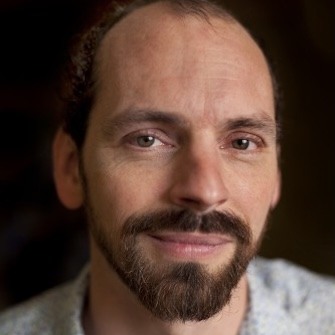
Joshua Tucker
Associate Professor of MusicJoshua Tucker's scholarship focuses on the international circulation of Indigenous Andean music and imagery to illuminate changing formations of class and race in contemporary Peru. His research has centered on the way that sounds are connected to racial, ethnic, and national identities, on one hand, and the way that they are connected with the natural environment, on the other.
-
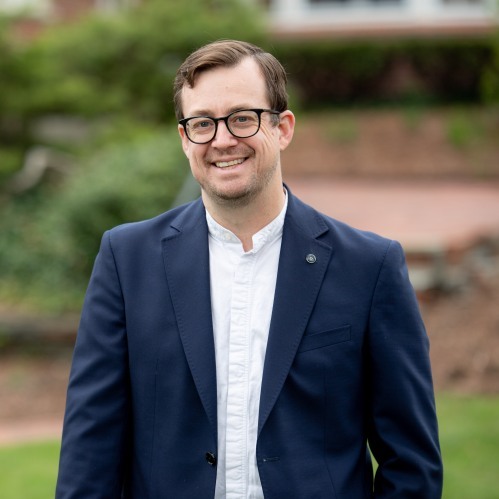
Parker VanValkenburgh
Associate Professor of Anthropology and Archaeology, Interim Director of Latin American and Caribbean StudiesParker VanValkenburgh is engaged in Native American and Indigenous Studies through work on the ways in which indigeneity (primarily, in western South America) has been produced through colonial discourse. He is particularly engaged in understanding colonial period forced resettlement and its long-term effects on Indigenous communities, as well as in the politics of archaeology in Peru.
NAISI Affiliation Form
Interested in becoming a NAISI affiliate? Please complete this form.